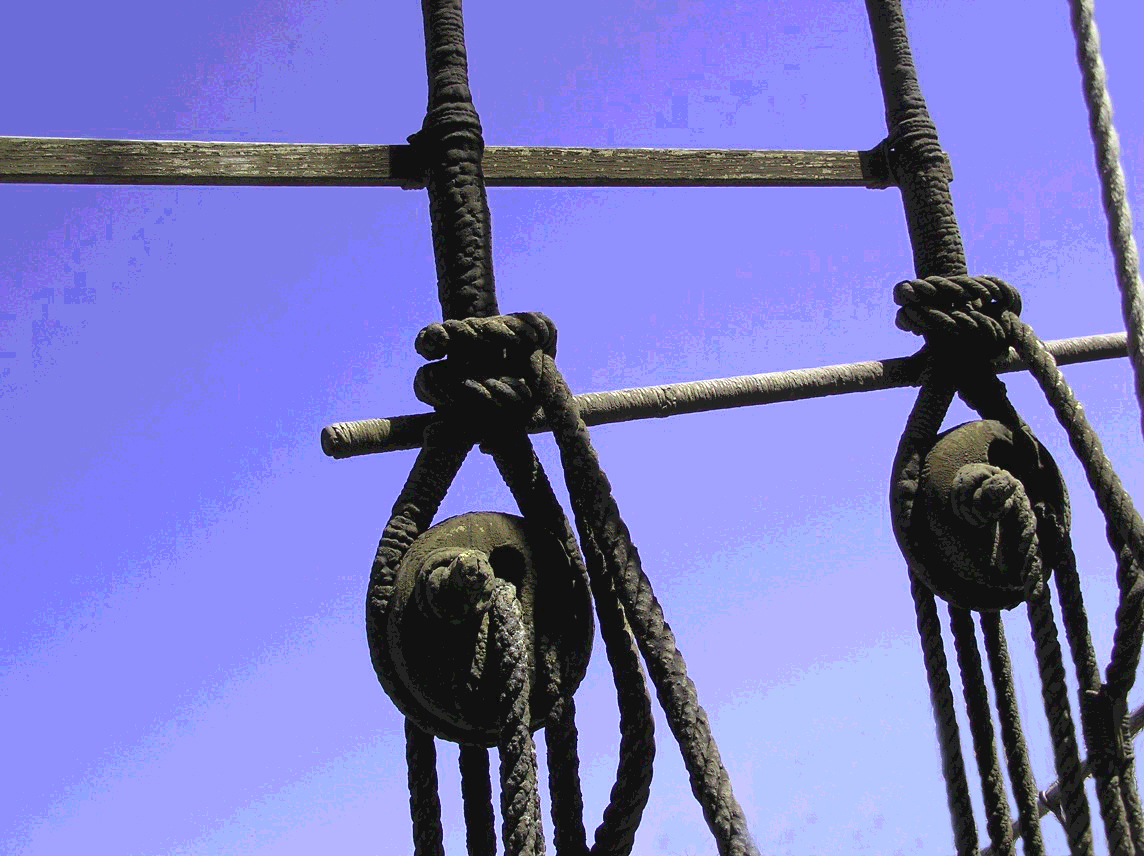
Schaefer explores other aspects of female friendship, such as best friends. She states “Little girls are encouraged to have best friends. They’re often asked by nosy adults, ‘Do you have a best friend?’…We’re supposed to seek out best friends when we’re young. The relationship, our parents hope, will teach us how to play nicely with others…As we get older that prominence that a best friend holds can fall away—adult women are more likely to be asked if they have a boyfriend than a best friend and to wear an engagement ring instead of a BFF charm.” (Schaefer, 2018, p. 152.)
I have had a few best friends. My “true” BFF, Esther, has been my friend since childhood. Our parents were friends and political allies and introduced us. We are committed to seeing each other as frequently as possible, although we have lived 3500 miles apart for forty years. We talk on the phone and text regularly. We have been there for each other’s weddings, divorces, pregnancies, births of children, illnesses and family deaths. On his death bed, her father said to Esther “You are lucky in this life if you have five people you can call friends, Esther. Suzanne is one of those friends.” His words meant a lot to me, as my commitment to my friendship with Esther is as important to me as my commitment to my marriage, son, or siblings. I have always felt this way about my close friendships and I am fortunate that my husband understands this essential value I cherish. In graduate school, I found my “BFF”, Ly, and we committed to see each other at least annually until one of us departs this mortal coil. The pandemic threw a wrench in our plan, but our annual visits have resumed this year.
Another “BFF” was a Boston friend, Daniela. When we met, we were both single parents; it was our young sons who introduced us as they “thought we would like each other.” We did! Not only did Daniela become a dear friend, but years later, after my son had left home, I moved into a building her father owned. In exchange for my husband remodeling several rooms, he allowed us to live in this large Brookline apartment with reduced rent so that my husband and I could save to eventually buy our own home in Boston. Daniela lived in an apartment on the first floor with her children, her father and step- mother lived on the second floor, and my husband and I lived on the third floor, along with my son, during his summer breaks from college. Daniela was from a close-knit, sometimes troubled, but warm and inclusive Jewish family who soon incorporated us into their family and community. We often ate together. I worked part-time for Daniela’s small catering business. We celebrated all holidays together. Given that I live on the other side of the country from my family of origin, being included as part of her family meant the world to me. For years, while my husband was out teaching martial arts classes in the evenings, I hung out in Daniela’s apartment. We drank tea, played Scrabble and talked, while our kids played together and sometimes hung out with us as well. We were family and I believed we would live like this forever. I was part of a rich community and was deeply content, connected and satisfied.
I was shocked to my core, when in 2005, Daniela broke the news that she had decided to take over her mother’s business and would be relocating to Baltimore. Although she had apparently been mulling over this opportunity for a year, she had not mentioned it to me, knowing I would be very upset. The withholding of such important, life-changing information to me was a betrayal. For the first time, I questioned the closeness of our friendship. If she considered me such an intimate friend, why would she have kept this secret from me for so long? I was wounded.






